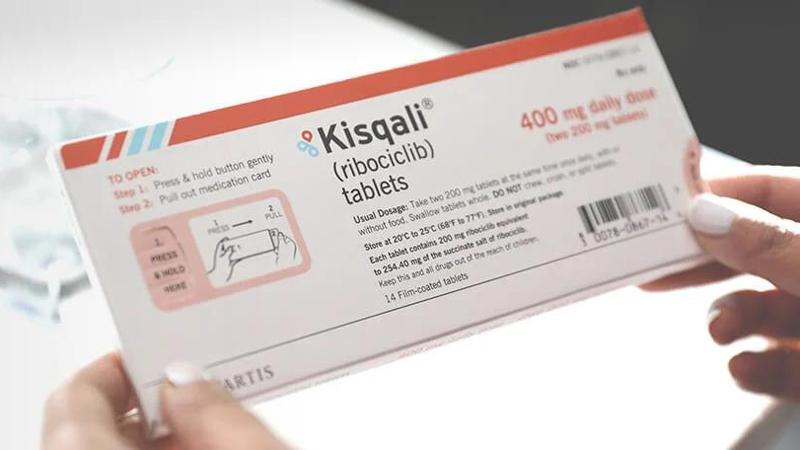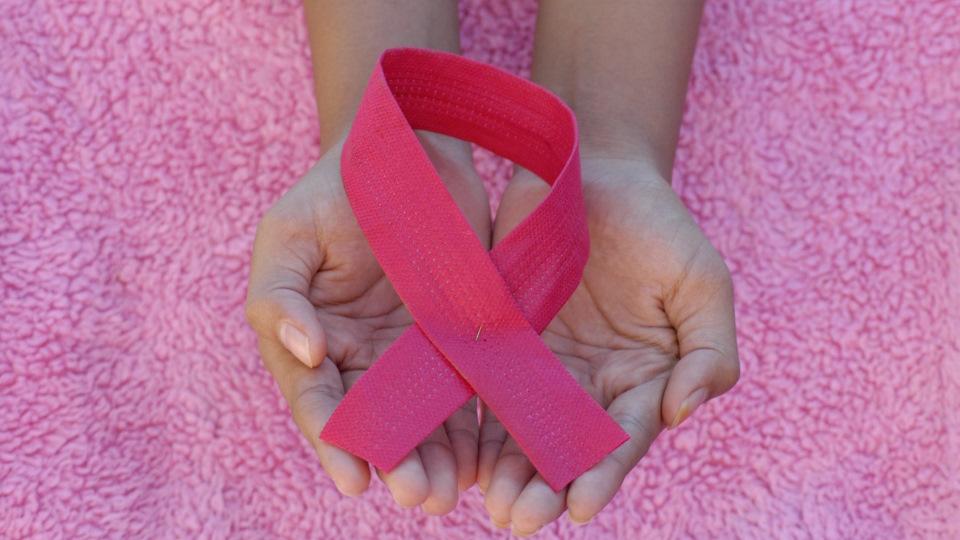Novartis preps key early breast cancer filing for Kisqali

Just a few weeks after Eli Lilly claimed a key FDA approval for its CDK4/6 inhibitor Verzenio in early-stage breast cancer, Novartis has responded with phase 3 data for Kisqali that will lead to regulatory filings in a similar patient population in the coming months.
The new data from the NATALEE trial shows that Kisqali (ribociclib) given alongside endocrine therapy (ET) as adjuvant therapy for hormone receptor-positive, HER2-negative breast cancer treatable with surgery was more effective than ET alone.
The Swiss pharma says the trial is the first for a CDK4/6 inhibitor to show consistent benefit over a broad patient population, including those whose cancer hasn’t spread to the lymph nodes, on the study’s primary endpoint of invasive disease-free survival (iDFS).
The results – given as a top-line readout only for now, before being presented at an upcoming medical meeting – come after the FDA expanded the use of Verzenio (abemaciclib) as adjuvant therapy for patients with HR+/HER2- early breast cancer.
Lilly’s drug has been used for patients in this group who test positive for a biomarker called Ki-67 since 2021, helping the drug grow 84% to nearly $2.5 billion last year. Earlier this month, however, Verzenio also got a green light for use in patients without the mutation, doing away with the need for diagnostic testing that Lilly said had been holding back growth.
Crucially, the approval will allow Lilly to carve out a market without competition from CDK4/6 category leader Ibrance (palbociclib), a $5.1 billion blockbuster that failed to show efficacy as adjuvant treatment for early breast cancer in the PALLAS and PENELOPE trials.
Before those readouts, Pfizer had been predicting that approval in early breast cancer could help drive sales of its drug above the $10 billion threshold.
Novartis now has data in hand that could mean it can challenge Lilly for that lucrative slice of the breast cancer market, given around two thirds of cases of breast cancer in the US are detected when the disease is confined to breast tissue.
While the five-year survival rate for this group is pretty high overall at 99%, between 30% and 60% of patients with stage 2 or 3 HR+/HER2- early breast cancer are at risk of a recurrence. The peak risk for recurrence is three years after diagnosis, but it never goes away completely, according to lead NATALEE investigator Dennis Slamon, of University of California, Los Angeles’ Jonsson Comprehensive Cancer Centre.
“There is a critical need for new, well-tolerated options that keep patients cancer-free without disrupting quality of life,” he said. “The NATALEE trial, where ribociclib was given for three years plus ET, was designed with these unmet needs in mind, and it is extremely encouraging that this study met its primary endpoint.”
Kisqali has been approved since 2017 as a first-line therapy for advanced or metastatic HR+/HER2-breast cancer in postmenopausal women, with its indications expanded the following year to include the pre- and peri-menopausal group. Sales rose 38% last year to reach $1.2 billion.













